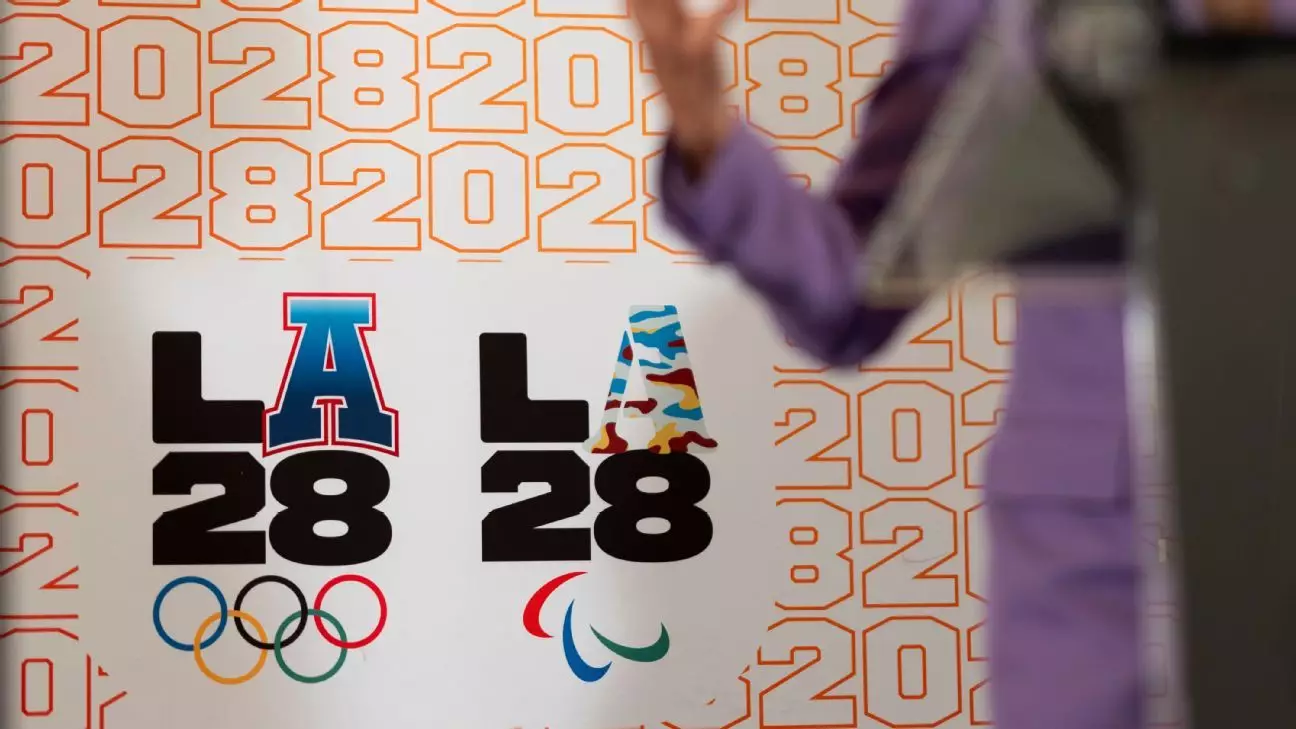The decision to commence basketball competitions two days prior to the official opening of the 2028 Los Angeles Olympics signifies a paradigm shift in how the Games are organized. Traditionally, Olympic sports have been tightly bound to the opening ceremony, symbolizing unity and celebration of global athleticism. By redefining this timeline, organizers are signaling a desire to prioritize athlete performance, broadcaster flexibility, and spectator engagement. This strategic move not only enhances logistical efficiency but also underscores the organizers’ recognition of the evolving landscape of international sports events, where adaptability and innovation are paramount.
Prioritizing Athlete Well-Being and Fan Engagement
Starting basketball ahead of the main ceremony demonstrates a thoughtful approach to athlete fatigue management. The Olympic journey is grueling, and condensed schedules can often compromise athlete performance and well-being. By shifting the start date, organizers aim to allocate more rest and recovery time for teams, ultimately elevating the quality of competition and ensuring that athletes perform at their peak during medal matches. For fans, this approach extends the excitement, allowing basketball enthusiasts to experience the culmination of the tournament without the overshadowing of the opening spectacle. Broadcasters are also poised to benefit from an elongated schedule, creating more content and coverage opportunities that sustain audience interest over a longer period.
Implications for Tradition and Global Perception
This departure from convention could reshape public perception of the Olympics as an event that evolves with the times, rather than clinging to tradition for tradition’s sake. The decision reflects confidence in the sport’s popularity and logistical robustness, enabling basketball to flourish with its own spotlight independent of the opening ceremony. This could inspire future Olympic organizers to reconsider entrenched scheduling norms, fostering a dynamic and more athlete-centric approach. Moreover, by making these strategic adjustments, Los Angeles positions itself as a forward-thinking host city that values innovation, setting a precedent that could influence subsequent Games worldwide.
Broader Trends and Future Outlook
While the implications for basketball are clear, this scheduling change hints at larger trends within the Olympic movement—namely, a willingness to experiment with formats, timing, and event organization to optimize the overall experience. The inclusion of other sports like water polo, cricket, and rugby sevens starting before the opening ceremony indicates a shift towards a more fluid and extended Olympic calendar. If these adaptations prove successful, they could catalyze a broader reevaluation of the traditional Olympic timetable, prioritizing athlete health, spectator engagement, and broadcasting potential. This bold reimagining of the Olympic schedule could very well signal an exciting and more dynamic future for sport at the world’s most celebrated sporting event.


Leave a Reply